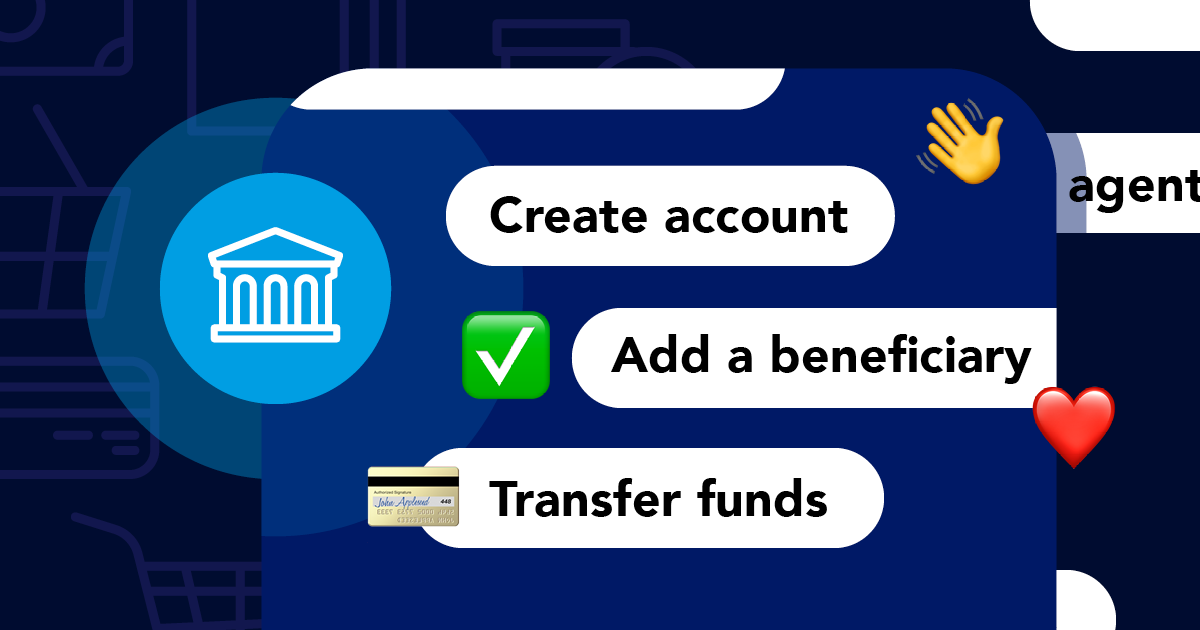
The concept of paying it forward is certainly not new, but it’s not often so clearly demonstrated as by Nigerian entrepreneurial legend, Austin Okere. From his work in academia to his work with the World Economic Forum, the founder of Nigeria’s largest listed ICT company can best be described as a social warrior.
Insight Circle was fortunate to spend some time with Austin. He shared a little about his journey to commercial success as well as his passion for entrepreneurship. He also took some time to explain how inspiring young people to achieve their full potential in a rapidly digitising global economy remains his real passion.
In the first of this two-part series, we track Austin’s road to success, find out what tech can do for Africa, and share some insight into what he believes makes for a legacy to be proud of.
Creating a Pan-African success story
With a BSc honours in Computer Science from the University of Lagos as well as an executive MBA from Spanish university, International Graduate School of Management (IESE), Austin was ideally positioned to take his future into his own hands. He founded Computer Warehouse Limited in 1992. Just eight years later the company had two subsidiaries, DCC Satellite and Networks and Expert Edge Software. His vision for a pan-African operation saw Austin open operations in Ghana, Uganda and Cameroon.
Following the 2008 global financial crash, Austin wisely reset his company’s business model, moving away from being a reseller to the successful cloud-based model we see today. At the time of its listing on the Nigerian Stock Exchange in 2013, the company was valued at $90 million. Just one year later, Computer Warehouse Group (PLC) was awarded the World Economic Forum Global Growth Company.
After achieving many of his commercial aspirations, Austin retired in 2015. What this really meant was that this dynamic man simply turned his energy and focus to his other passions.
In the years that followed, he increased his involvement at Columbia Business School in New York, teaching a course in Foundations of Entrepreneurship as well as fulfilling his role as Entrepreneur in Residence. It was during this time that he saw the power of mentorship and this inspired him to start the Ausso Leadership Academy.
“I believe there are two types of success. There is commercial success. When you start out you are anxious about securing your financial future. But you realise there must be more. And it's this cultural success that looks beyond your financial security and focuses on how you can impact the next generation and build a legacy. It’s cultural success that now motivates me,” Austin explains.
Follow your passion
The Ausso Leadership Academy has graduated more than 1300 leaders and 200 companies. Austin says the Academy is part of his passion of giving back and says it has brought him more satisfaction that he could ever have imagined.
“The biggest secret of Silicon Valley is mentorship. Those who have gone before will share their successes and failures as well as potentially investing in young companies. This is why they are the tech capital of the world. The Ausso leadership Academy has taken this to heart and we are seeing older and younger generations sharing ideas, experience and insight. The result is more sustainable successful businesses,” he says.
In keeping with his altruistic view of the world, Austin defines a billionaire as someone who has had the chance to impact a billion lives. He references the greats, like Martin Luther King, JFK, and Nelson Mandela, saying they may not have had a billion dollars, but they have had a positive impact on a billion people - his definition of real wealth.
Enabling technology helps solve local challenges
Turning to the challenges facing Africa, Austin says technology should be used to solve socio-political and socio-economic challenges.
“Digitising services and adding solid authentication could cut down the pain of identity documentation, voting, and service delivery in general. E-education is another big opportunity as is e-health. We can make health services so much cheaper and readily available if we just tap into the telecom services to deliver these opportunities,” he says.
Austin becomes animated when discussing the opportunities that technology offers Africa.
The first opportunity is in remittances. Austin says despite the progress that has been made, sending money across borders is still posing too much friction for the average African worker.
Technology could also be used to boost insurtech offerings. With the majority of Africans significantly underinsured, Austin says insurtech could be the solution to securing the lives of many Africans.
The third opportunity that tech could solve would be providing cheap, easy business services. With the aid of platform technology, Austin believes that business offerings could easily be ‘Uberised’ through large marketplaces which provide a sales platform as well as business administrative services through local consultants.
In the second part of the series, Austin spends some time discussing how Africa can benefit from the rise of the machine. He also shares his views on how digital transformation can open doors for better business and government.
Step into the future of business messaging.
SMS and two-way channels, automation, call center integration, payments - do it all with Clickatell's Chat Commerce platform.








